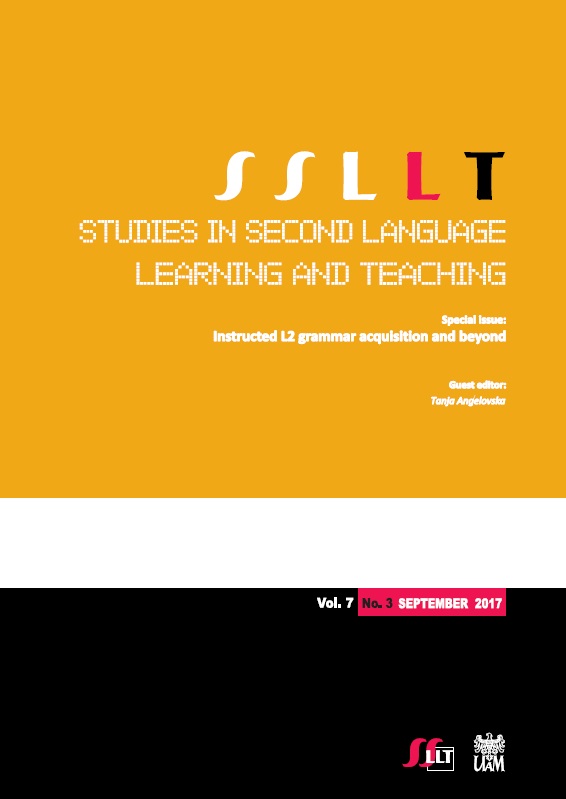Does the effect of enjoyment outweigh that of anxiety in foreign language performance?
Does the effect of enjoyment outweigh that of anxiety in foreign language performance?
Author(s): Jean-Marc Dewaele, Mateb AlfawzanSubject(s): Foreign languages learning, Applied Linguistics
Published by: Wojskowe Biuro Historyczne im. gen. broni Kazimierza Sosnkowskiego
Keywords: foreign language anxiety; foreign language enjoyment; individual differences; learner-internal variables; teacher-centered variables
Summary/Abstract: Interest in the effect of positive and negative emotions in foreign language acquisition has soared recently because of the positive psychology movement (Dewaele & MacIntyre, 2014, 2016; MacIntyre, Gregersen & Mercer, 2016). No work so far has been carried out on the differential effect of positive and negative emotions on foreign language performance. The current study investigates the effect of foreign language enjoyment (FLE) and foreign language classroom anxiety (FLCA) on foreign language performance in a group of 189 foreign language pupils in two London secondary schools and a group of 152 Saudi English as a foreign language learners and users of English in Saudi Arabia. Correlation analyses showed that the positive effect of FLE on performance was stronger than the negative effect of FLCA. In other words, FLE seems to matter slightly more than FLCA in foreign language (FL) performance. Qualitative material collected from the Saudi participants shed light on the causes of FLCA and FLE and how these shaped participants’ decisions to pursue or abandon the study of the FL.
Journal: Studies in Second Language Learning and Teaching
- Issue Year: VIII/2018
- Issue No: 1
- Page Range: 21-45
- Page Count: 25
- Language: English

